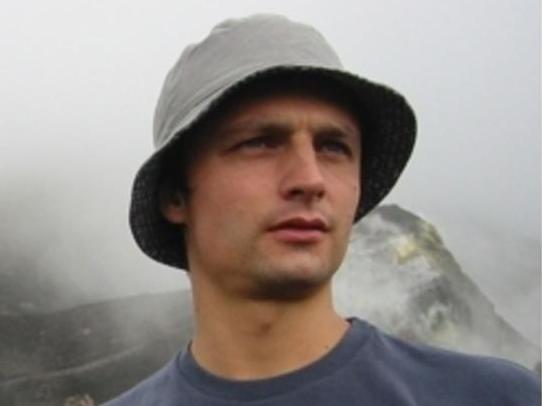Secrets of real-time search revealed
OneRiot VP on Twitter, Facebook and real-time search

TechRadar recently spoke to Vice President of OneRiot, the real-time search engine that aims to keep you up to date with exactly what's hot on the web at the moment. We wanted to find out why it's getting so much attention at the moment.
Real-time search is the ultimate buzzword on the web at the moment, with Twitter and Facebook just a few of the sites opening up the social possibilities of up-to-the-minute information, and with OneRiot taking this one step further, there's no time like the present to speak about the machinations behind the site, and just how it keeps right up to date…
TechRadar: Tell us a little bit about the history of OneRiot
Tobias Peggs: We launched the Alpha version of the site in November last year, then we launched the Beta in May. But we have been building the product for just over two years.
There's some very complex search architecture in the background, which has to be put in place before you can put a site like this live.
When people have been using things like Google for 10 years, they expect things to happen, like page load times.
TR: Why do you think consumers are looking at real-time search now?
Get daily insight, inspiration and deals in your inbox
Sign up for breaking news, reviews, opinion, top tech deals, and more.
TP: People are realising there's a very real need for real-time search. If you look at the numbers and how they break down, regarding how people search the web, 20 per cent are navigational searches, those searching for Yahoo.com and Sony.com. 40 per cent are trying to find specific information: there's a recipe for cabbage soup that I need, and so on.
Traditional searches are very good at dealing with this 60 per cent of the market. But there's around 40 per cent of searches where the user behaviour is where they want completely up to date information on something like, say, the Iran election and Michael Jackson's death.
Consumers are beginning to realise there's new avenues to find this information and you don't have to just look on things like Wikipedia.
And with traditional search engines when you type in something it is typically these sorts of pages that come up first, and they fail to tell you what is actually going on right now.
TR: This is something that Twitter does…
TP: Twitter is helping with that enormously because it is such a buzzy, right now, place for content. Twitter is a Black Swan – it's just phenomenal.
TR: Did you know Twitter would explode the way it did?
TP: Being based in San Francisco, it's such a close community you couldn't not realise that it was going to be a success. Twitter has been part of my 24/7 experience, and you could always see what was going to happen.
But what this does is open people's possibilities that you can get real-time information about what is happening right now.
The issue with Twitter is that you can type something you want to know about it, and search results. You'll get pages and pages of information regarding your search but not all if it is going to be relevant.
Say it's people tweeting stuff about U2 – some of them have links to articles on the web, some is opinion, some is irrelevant.
So what we've done at oneRiot is harness that social energy on the web, people sharing stuff with other people. We look at Twitter trends, what's going on the Digg pages.
We also have our own panel of users, about three million strong who in real-time tell us what is happening. So we harness all that information.
So when you search oneRiot we show you the news article you have got to read that day, because that is what everyone else is reading, the video that is popular, the blog commenter who is making sense of things. It's all about fresh, socially relevant information.
Marc Chacksfield is the Editor In Chief, Shortlist.com at DC Thomson. He started out life as a movie writer for numerous (now defunct) magazines and soon found himself online - editing a gaggle of gadget sites, including TechRadar, Digital Camera World and Tom's Guide UK. At Shortlist you'll find him mostly writing about movies and tech, so no change there then.
